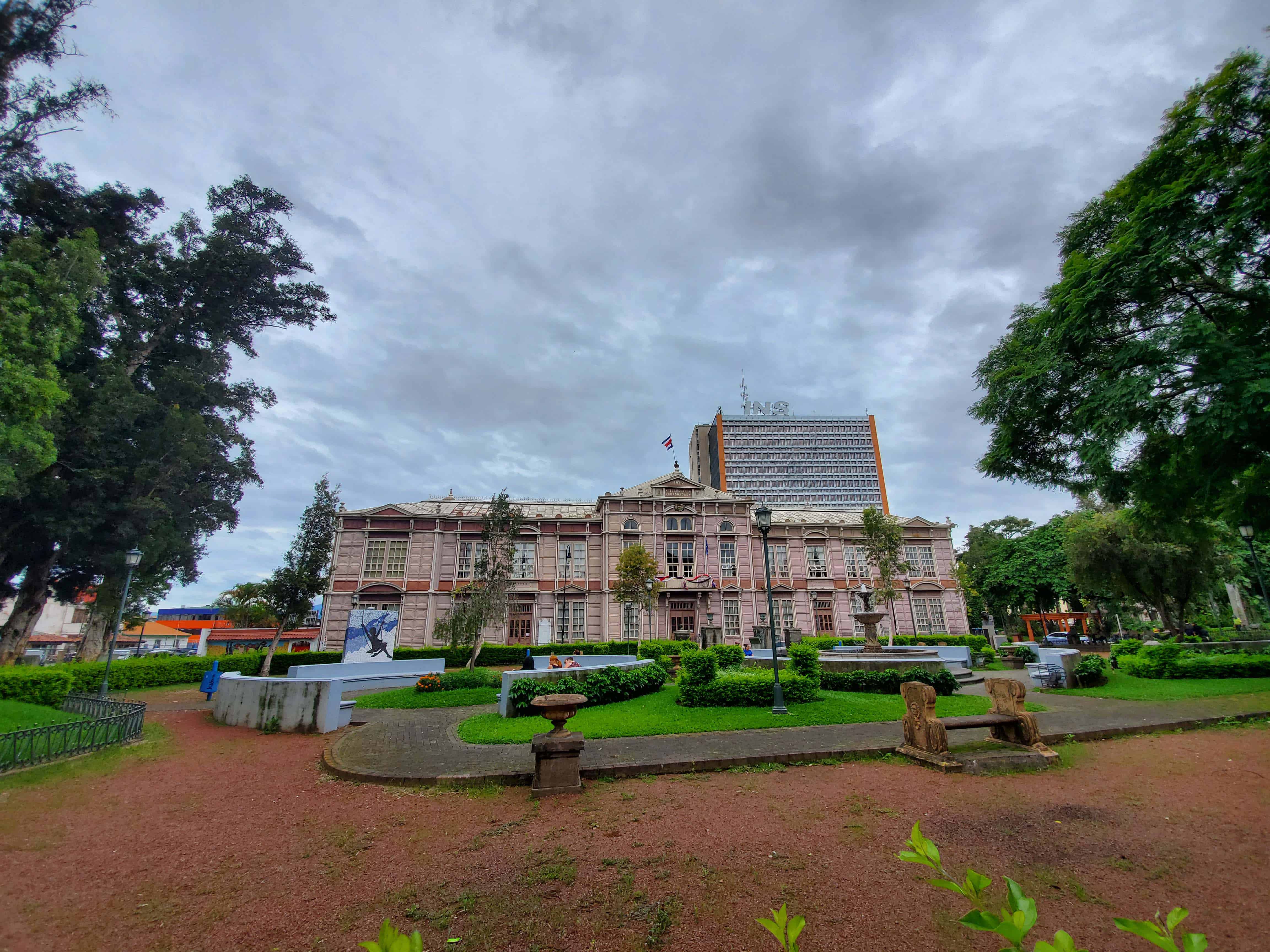The Public Education Ministry (MEP) announced this week that Costa Rica will resume in-person learning in 2021 using a blended model. Public schools will return to classes on February 8, and private learning centers may begin in January.
While MEP is promoting a blended learning model — where students attend in-person on certain days — each institution can create its own plan, as long as it follows the national guidelines.
Masks will be mandatory for teaching and administrative staff, as well as for students. Schools must limit daily in-person attendance to ensure appropriate physical distancing between students.
In most cases, students will alternate days attending class in-person and learning online. However, each school will determine its own policy and communicate it to parents. Students without reliable internet access should be prioritized for in-person learning.
Finally, schools must differentiate arrival, exit and recess times for different grades to help prevent large crowds.
MEP says it will continue distributing food packages to students who rely on schools for their dietary needs.
In-person learning has been suspended since mid-March due to the coronavirus pandemic. In August, authorities announced that Costa Rica wouldn’t resume in-person learning in 2020.
Struggles to adopt distance learning
The Education Ministry has detailed difficulties in the country’s transition to distance learning in 2020.
In March, more than 1 million Costa Rican students were provided with an institutional email account in order to facilitate distance learning. As of late August, just 590,136 had completed account activation in order to use the online platform.
Additionally, data provided by school directors indicate 35% of students’ homes don’t have an internet connection.
Costa Rica is advancing with plans to install broadband internet in every public school by the end of 2021. The first-of-its-kind strategy would especially benefit rural communities that otherwise don’t have reliable connectivity.
In addition to online resources, MEP broadcast educational materials via public television and radio.
UNESCO and ECLAC have warned that the coronavirus pandemic would exacerbate gaps in terms of educational access, equity and quality across the region.






